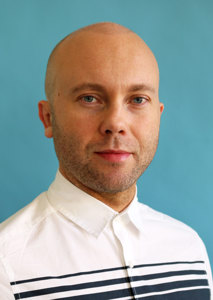
Patrick Strudwick
i
In another highly important piece he exposed inequalities in the treatment of HIV. For a decade, PrEP — the drug regime that prevents HIV — had been working its way into public awareness, massively reducing HIV transmission rates and finally being provided by the NHS. But until now, no mainstream journalist had examined the extent to which women had been left out. Not only forgotten by those promoting it, but also in the very ways in which women access sexual health care. In this exclusive story, Patrick mapped the entire problem, speaking to experts and service users, to reveal the reasons for this exclusion and the effect: that in modern-day Britain, women are disproportionately being diagnosed with what is now called “late-stage HIV” — previously known as AIDS. This undocumented frontier of health inequality prompted a huge reaction from female readers wondering why no one had ever talked to them about PrEP, or offered it, and a widespread discussion within the HIV sector about how women could be better included into the biggest development in sexual healthcare since the Pill. Illustrating Patrick’s breadth, he was also the only reporter given access to Britain’s first LGBT retirement home. It took over a year of discussions with the organisation that runs it, with many other newspaper and TV news programmes trying to gain access. But Patrick’s reputation for sensitive coverage of this community and the relationship he developed with Tonic Housing meant no other journalists have been allowed in, before or since. The piece explored the lives and vulnerabilities of an often overlooked group: elderly gay people, revealing how they have often had to go back in the closet in later life, if in residential care, and the particular needs they now have after living through criminalisation and the AIDS crisis.